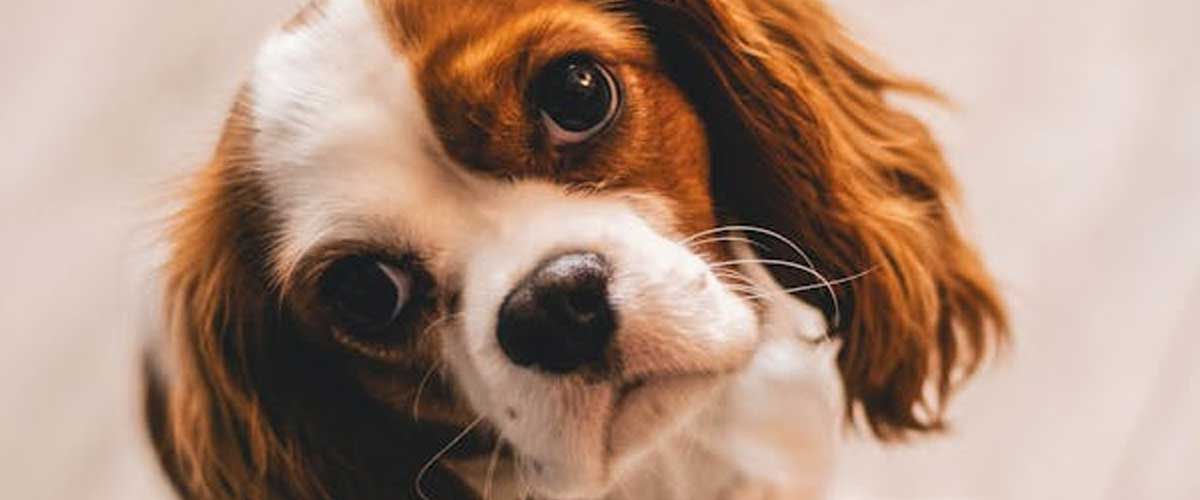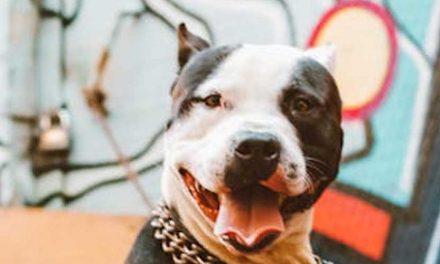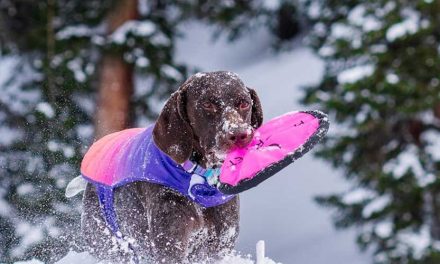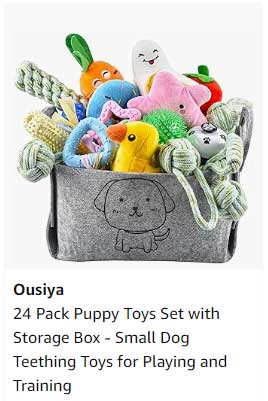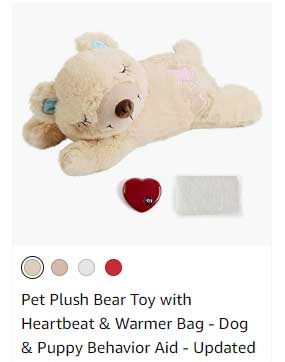The Cavalier King Charles Spaniel, often simply referred to as the Cavalier, is a small, affectionate breed that exudes charm and grace.
With their striking appearance and friendly nature, these dogs have captured the hearts of many dog lovers around the world.
Here’s a closer look at the breed, including its history, characteristics, and care needs.
Historical Background
The Cavalier King Charles Spaniel has a rich history that dates back to the 16th century.
Named after King Charles II of England, who was known to be an avid lover of the breed, these dogs were primarily bred as companions for the royalty and aristocracy.
Their small size and gentle demeanor made them perfect lap dogs during a time when social status was often signified by the company one kept.
As the years passed, the breed evolved, and by the 1920s, dedicated breeders began to refine the Cavalier’s appearance, leading to the establishment of the breed we recognize today.
The American Kennel Club officially recognized the Cavalier King Charles Spaniel in 1995, solidifying its status as a beloved companion in numerous households.
Physical Characteristics
The Cavalier King Charles Spaniel is known for its elegant appearance.
Here are some key physical traits:
Size:
They are small dogs, typically weighing between 13 to 18 pounds and standing about 12 to 13 inches tall at the shoulder.
Coat:
They have a silky, medium-length coat that comes in a variety of colors, including Blenheim (chestnut and white), tricolor (black, white, and tan), ruby (solid red), and black and tan.
Eyes:
Large, dark, and expressive eyes give them a sweet, gentle look that melts the hearts of many.
Ears:
The breed features long, feathered ears that contribute to their noble appearance.
Temperament and Behavior
Cavaliers are known for their sociable and affectionate nature.
They thrive on companionship and are happiest when they are with their human families.
Here are some key aspects of their temperament:
Friendly:
Cavaliers are known for their friendly disposition.
They tend to get along well with children, other pets, and even strangers.
Intelligent:
This breed is quite intelligent and eager to please, making them relatively easy to train.
They respond well to positive reinforcement techniques and enjoy learning new tricks.
Playful:
Cavaliers love to play and have a youthful spirit.
Regular playtime and interaction are essential for their overall happiness and well-being.
Care and Maintenance
Caring for a Cavalier King Charles Spaniel requires attention to their specific needs:
Exercise:
While they are playful, Cavaliers don’t require extensive exercise.
A couple of short walks and play sessions each day will keep them healthy and happy.
Grooming:
Their long, silky coats require regular brushing to prevent tangles and mats.
A thorough grooming session at least once a week is recommended.
Health Concerns:
Like many purebred dogs, Cavaliers can be prone to certain health issues, including heart problems, hip dysplasia, and eye conditions.
Regular veterinary check-ups and a balanced diet are crucial for maintaining their health.
Conclusion
The Cavalier King Charles Spaniel is an enchanting breed that exemplifies devotion and companionship.
Their charming personalities and loving nature make them ideal pets for families, singles, and seniors alike.
With the right care and attention, a Cavalier can be a beloved member of the family, bringing joy and love to everyday life.
If you are considering adding a dog to your household, the Cavalier King Charles Spaniel may just be the perfect fit for you!

